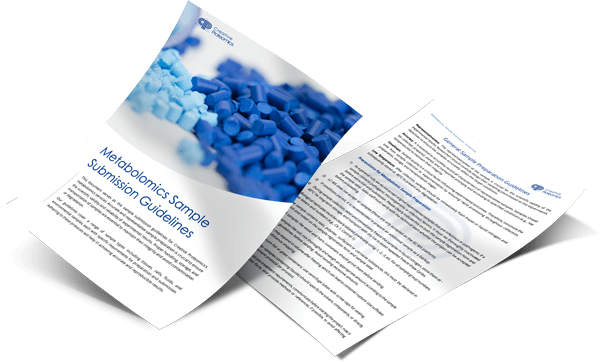Sugar alcohols are acyclic polyols. The term acyclic polyol refers to a straight-chain, polyhydric alcohol, and, along with alditol, sugar alcohol, polyalcohol and polyhydric alcohol is commonly used in reference to the reduction products of sugars and closely related derivatives. In these compounds the aldehyde or keto group of a sugar is reduced to a hydroxyl group. Most acyclic polyols have both trivial and systematic chemical names, being named for their original source and the sugar from which they are derived, e.g., maltitol (from maltose). Nomenclature can, however, be complicated and more detailed discussions are available.

 Figure. Structure of sugar alcohols.
Figure. Structure of sugar alcohols.
As major constituents of marine phytoplankton and macroalgae, as well as most fungi, sugar alcohols contribute significantly to the world's carbon economy. It has been estimated that about 30% of annual global primary production goes through sugar alcohols instead of sugars. And this does not take into account catabolism back to CO2 through rots and decays where the fungi are undoubtedly major agents. Probable physiological functions of sugar alcohols include storage of reduced carbon and reducing power, regulation of coenzymes, osmoregulation and service as compatible solutes. Evidence for such roles comes primarily from work done with fungi and animals.
There is very limited evidence for the physiological roles of these enzymes, but the data suggest that sugar alcohols synthesis and utilization proceed by different pathways and enzymes. Sorbitol, for example, is only slowly metabolized in fully expanded pear leaves, and there are similar data for mannitol in mature celery leaves. The sorbitol results suggested that source tissues, e.g., fully expanded green leaves, would primarily contain the NADPH-dependent aldose 6-phosphate reductase plus a specific phosphatase that constitute a synthetic pathway, while the NADP+-dependent sorbitol dehydrogenase responsible for oxidation and eventual utilization would primarily be found in sink tissues. A developing leaf would represent a transition between these two situations. Confirming this, as a leaf undergoes development from sink to source, there is a striking increase in aldose 6-phosphate reductase and a similar decrease in sorbitol dehydrogenase. In such systems the roles for the NADP+-dependent sorbitol dehydrogenase and the sorbitol oxidase reported by Yamaki are difficult to define, but recent evidence suggests that these two enzymes play minor roles in sorbitol metabolism.
Chemically, physically and biologically the sugar alcohols (hereafter polyols) closely resemble the sugars from which they are derived and it is usually convenient to regard them as special kinds of sugars or carbohydrates. Unfortunately, many techniques used by physiologists for carbohydrate analyses do not reveal the presence of polyols. Gas and high pressure liquid chromatography can, however, be used to separate and identify all the polyols, and enzymic analysis is available for sorbitol. Here Creative Proteomics provides highly sensitive and reliable HPLC method for the quantification of sugar alcohols.
Platform
- HPLC
Summary
- Identification and quantification of sugar alcohols
Report
- A detailed technical report will be provided at the end of the whole project, including the experiment procedure, MS/MS instrument parameters.
- Analytes are reported as uM or ug/mg (tissue), and CV's are generally<10%.
- The name of the analytes, abbreviation, formula, molecular weight and CAS# would also be included in the report.
| Sugar Alcohols Quantified in This Service | ||
|---|---|---|
| Adonitol | Erythritol | Lactitol |
| Maltitol | Mannitol | Sorbitol |
| Xylitol | ||
With integrated set of separation, characterization, identification and quantification systems featured with excellent robustness & reproducibility, high and ultra-sensitivity, Creative Proteomics provides reliable, rapid and cost-effective sugar alcohols targeted metabolomics services.
How to place an order:

*If your organization requires signing of a confidentiality agreement, please contact us by email.





